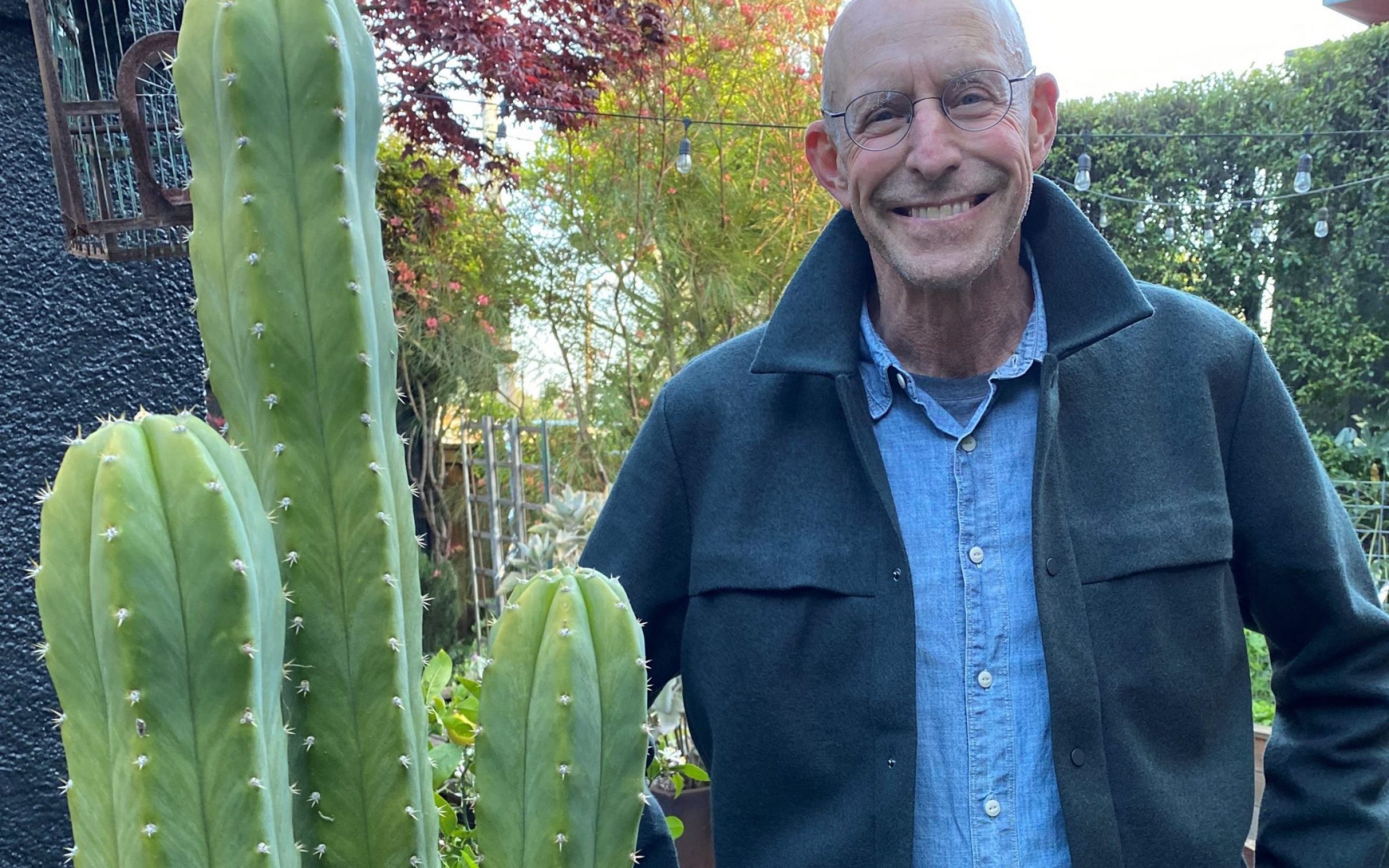Chances are, you’ve taken a drug today. It may have been a short-and-sharp morning espresso, a milky tea, or a cappuccino from your local barista. Still, fundamentally, you have ingested a stimulant that results in a mind-altering effect. For centuries, caffeine has been at the crux of civilisation and has helped shape our history and continues to do so today.

Word Watch: Vibrancy
Is it really a compliment for one’s home to be described as “vibrant”?



